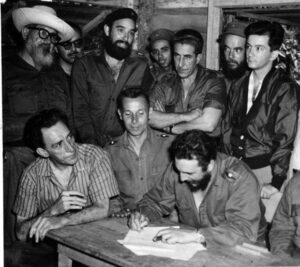
The verticality of the 1959 revolutionary process took us by its own logic and dynamism to the extreme authoritarianism and total absence of democracy in today’s Cuba.
SAMUEL FARBER was born and raised in Cuba. He is a long-time socialist and the author of numerous works on Cuba including Cuba Since the Revolution of 1959: A Critical Assessment (Haymarket Books, 2011).

The verticality of the 1959 revolutionary process took us by its own logic and dynamism to the extreme authoritarianism and total absence of democracy in today’s Cuba.
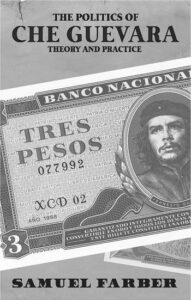
Samuel Farber defends his critique of Che Guevara as an anti-democratic figure that undermined the socialist cause in Cuba.
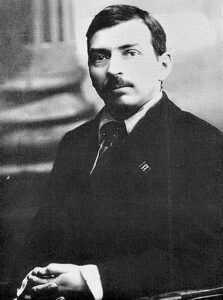
By itself, revolutionary consciousness cannot create wealth and material well-being for most of the population except in the mind of hyper voluntarists such as Joseph Stalin, Mao Zedong and Ernesto (Che) Guevara.

Alina Bárbara López Hernández
In the closing address to the tenth congress of the Committees for the Defense of the Revolution (CDR -the street level vigilance committees) that took place on September 28 of this year, the president of the Cuban . . .
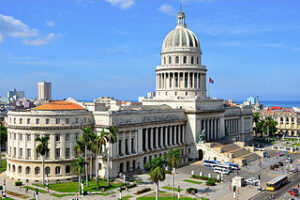
What can we learn from the experience of other countries that can help us think about possible futures for Cuba?
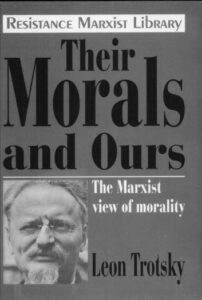
A critical examination of Trotsky’s evolving views on revolutionary morality and democracy in revolutionary movements.

There is no question that “cancel culture” is a legitimate tool of a vibrant democratic culture, especially as it allows the powerless to redress the abuses and the offensive behavior directed at them by powerful public figures.
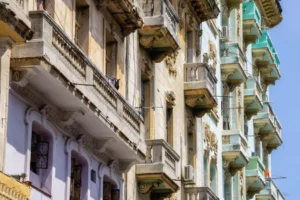
Although the Cuban Revolution of 1959 had enormous popular support, especially in its early years, that support did not express itself in any autonomous initiative and control from below.
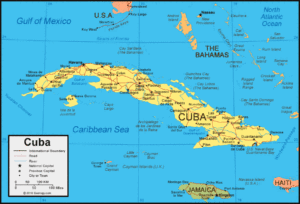
Sam Farber provides a critical perspective on the economic policies of the Cuban government and of some of its critics, and offers an alternative to both.
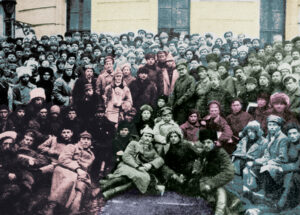
If the main strategic task for the American Left is to change the existing relation of forces in society, Congress cannot be the main arena of struggle.
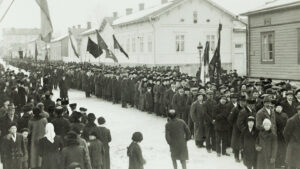
Samuel Farber reviews Eric Blanc’s Revolutionary Social Democracy. Working Class Politics Across the Russian Empire (1882-1917), a book that is likely to become the focus of important debate on the left.
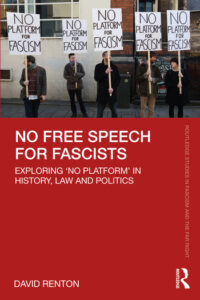
How should socialists who support democratic rights approach current controversies regarding the practical application of the right to free speech? This review essay explores this question discussing David Renton’s recent book.
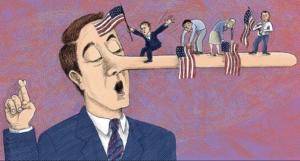
Professional politicians are a relatively recent historical phenomenon and their lies are to a great extent a response to social structural imperatives that did not exist in precapitalist societies.
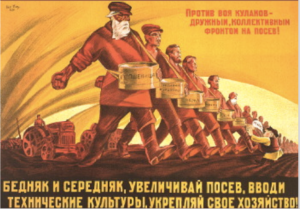
The lesson of the Russian NEP is that economic liberalization does not necessarily signify the democratization of a country, and that it may be accompanied by the elimination of democracy.
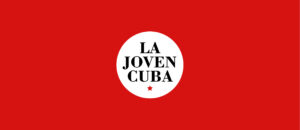
Sam Farber contributes to the ongoing debates among Cuban critics, dissidents and oppositionists about U.S. financing of Cuban political groups.
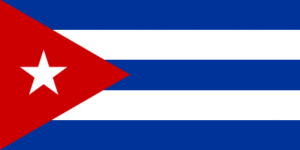
A series of recent developments in Cuba have struck the already faltering economy of the island leading the government to adopt a series of economic policies that point towards a greater opening to capital while maintaining the political controls of the one-party state.
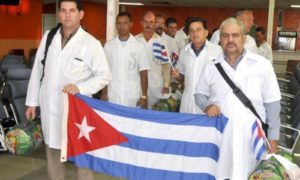
It is important to bring out lesser known aspects of the Cuban doctors abroad program that expose the Cuban state’s undemocratic character and the impact that this has on the Cuban people.
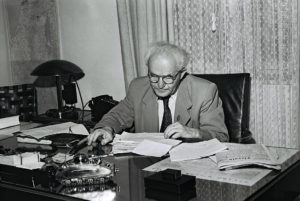
The foundation of Israel is tied up with David Ben-Gurion, its first prime minister. Through examining his life, we see how Israel’s creation was from its beginnings doomed to create an apartheid-like state maintained by an oppressor nation.
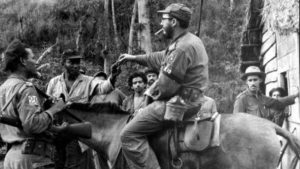
Cuba has not been at the center of world attention for a long time, particularly after the collapse of the Soviet bloc considerably diminished the island’s importance to US imperialism. For the international left, political developments in other Latin American . . .